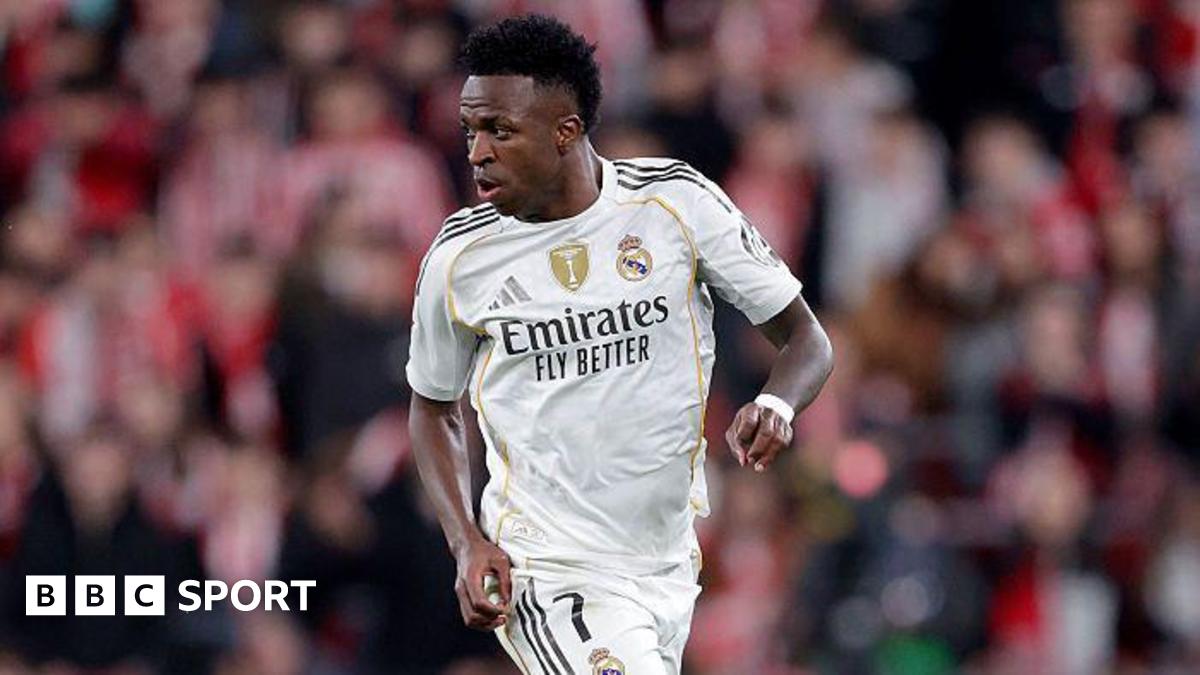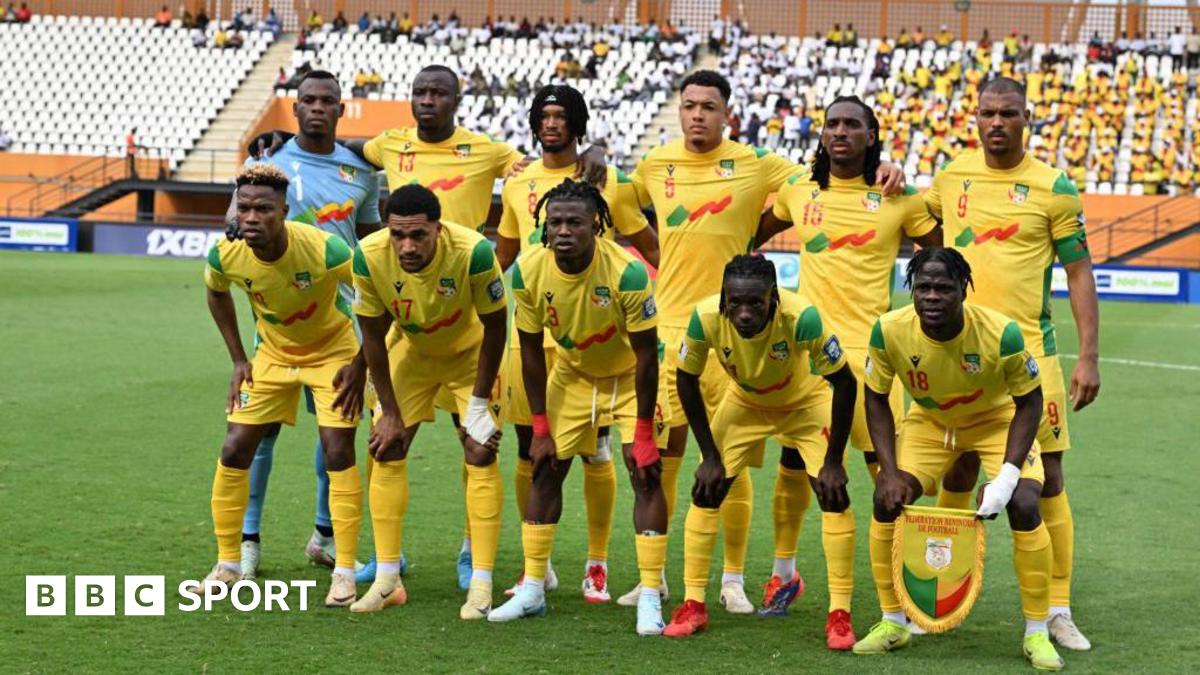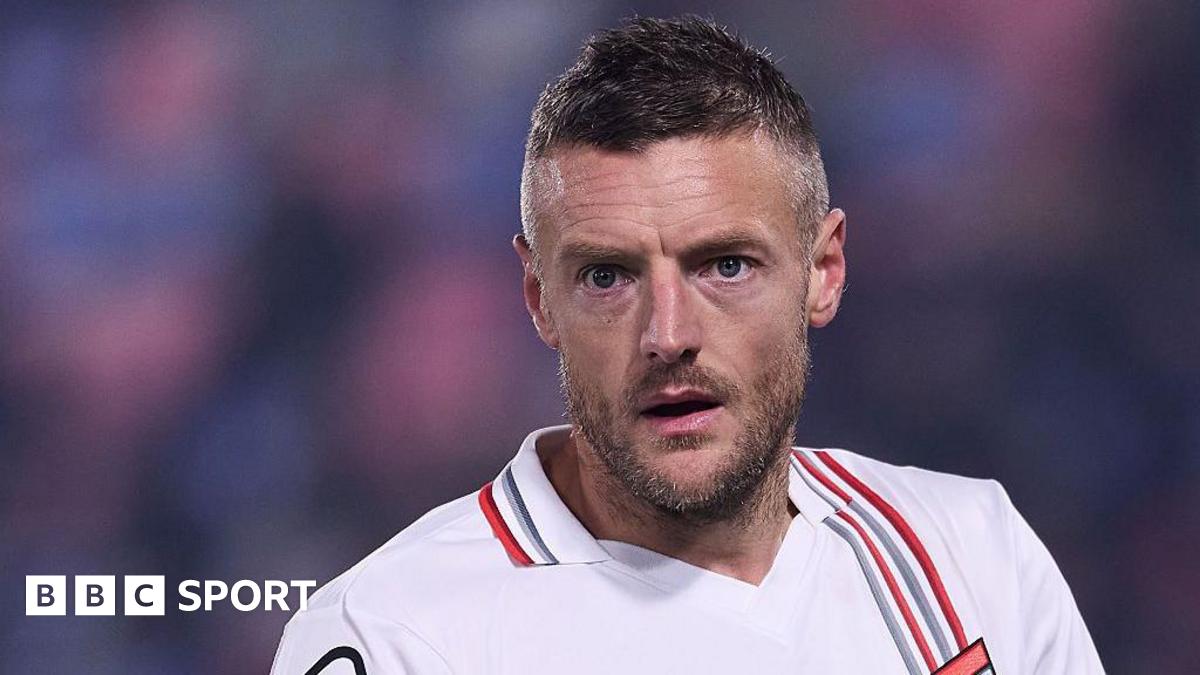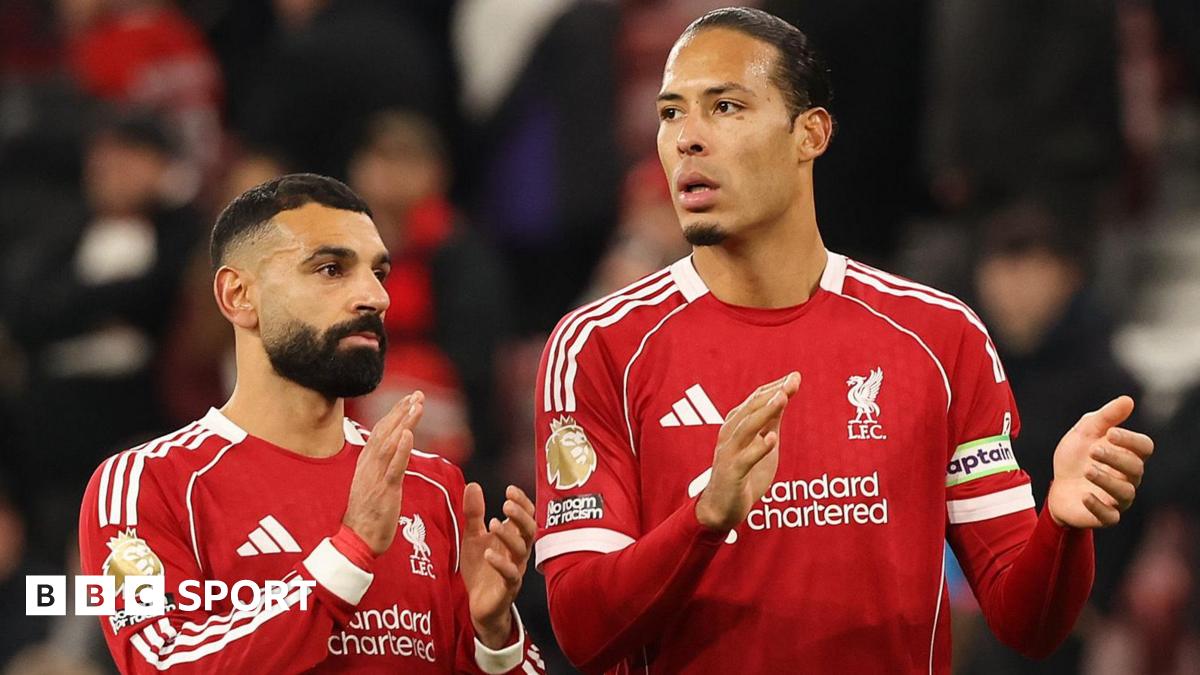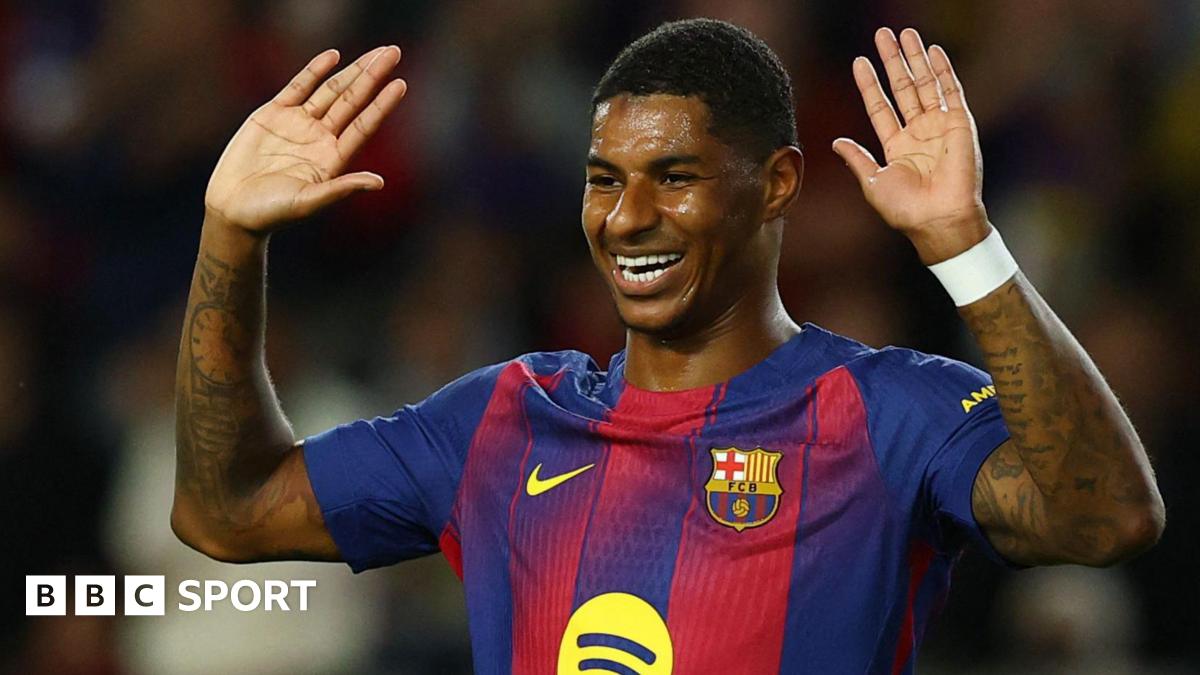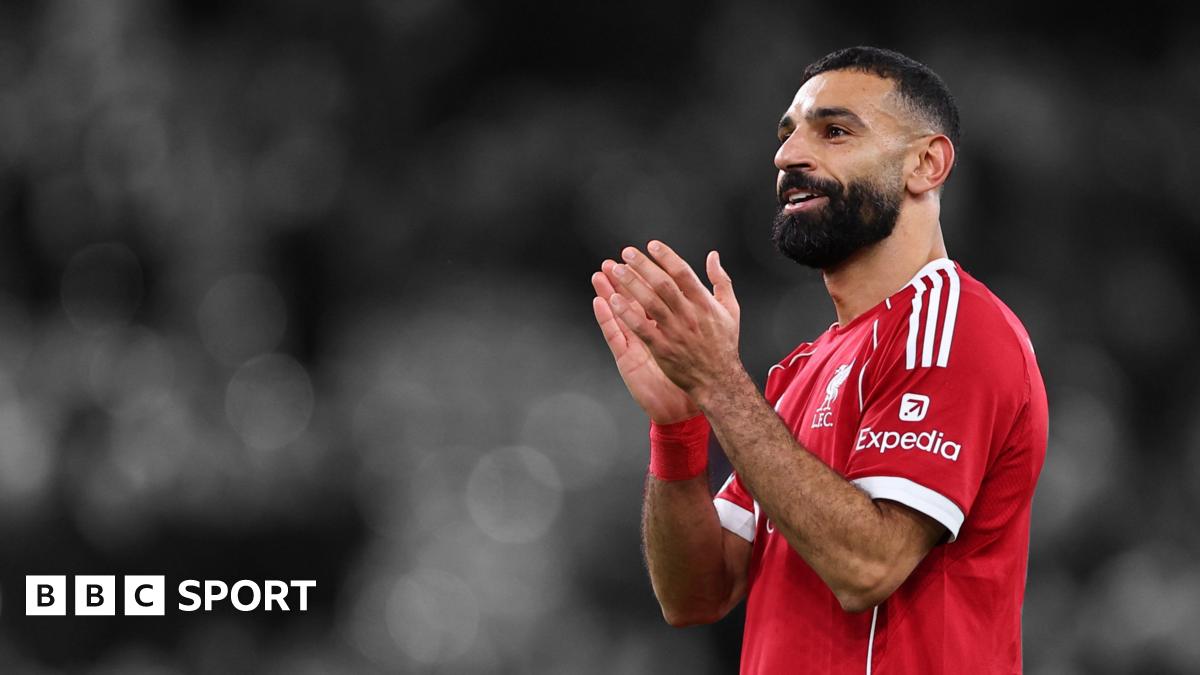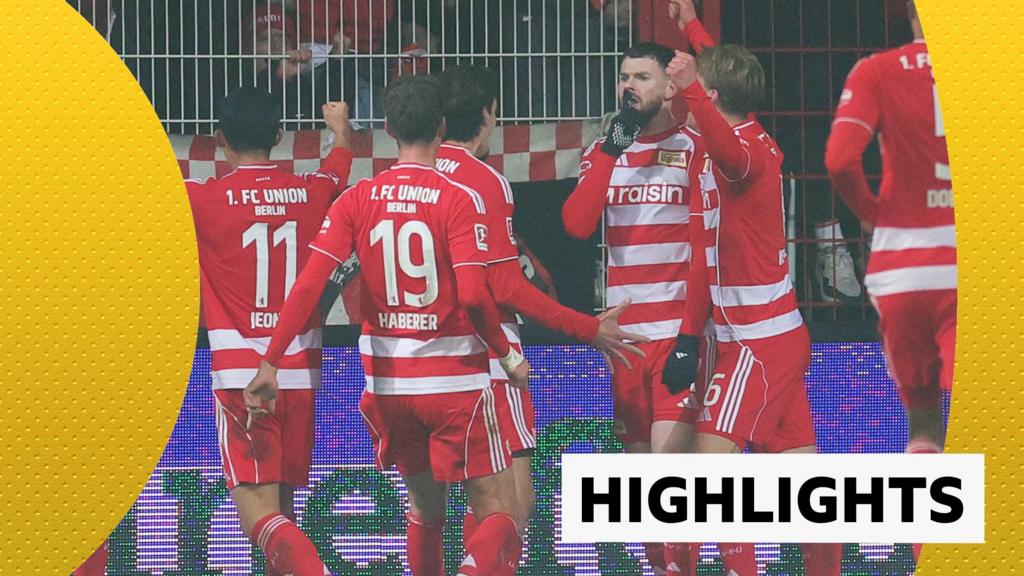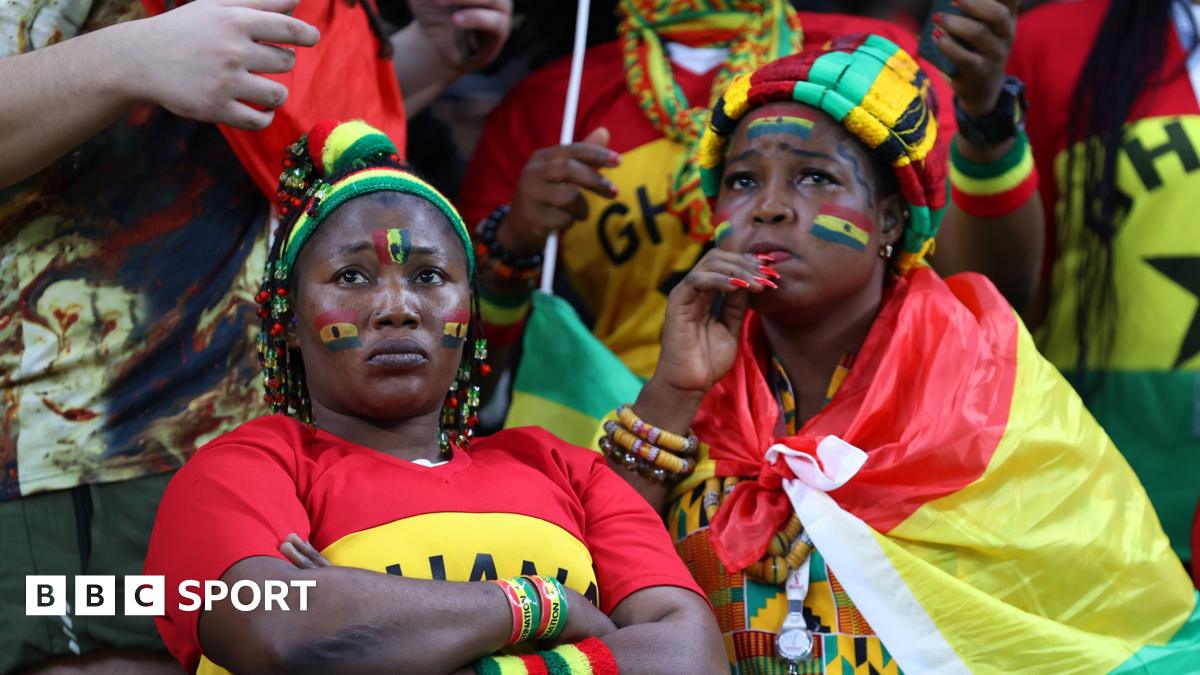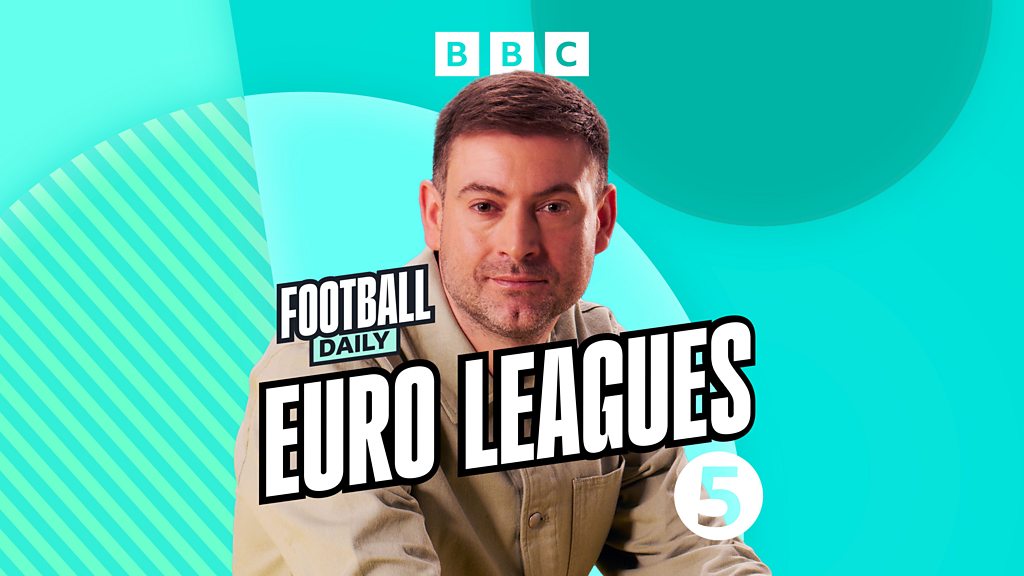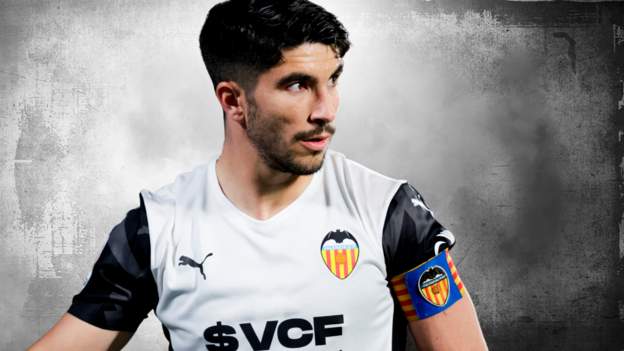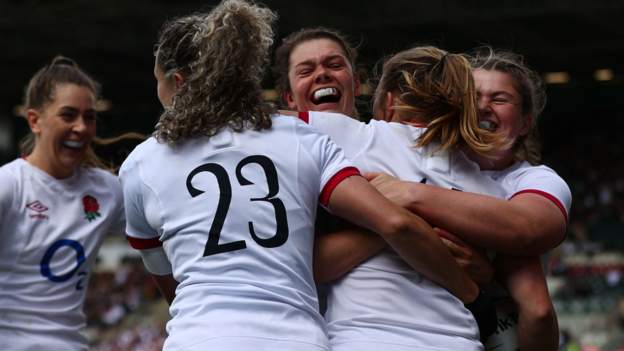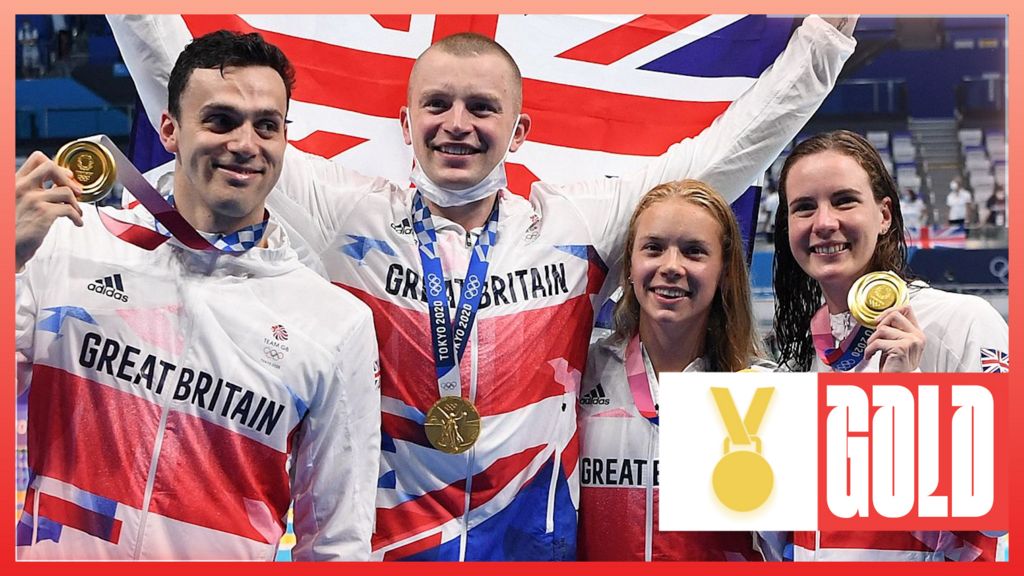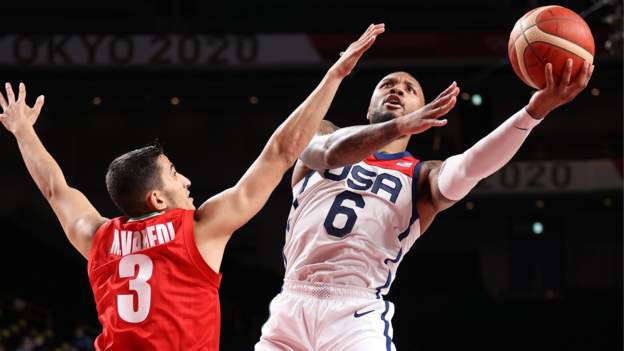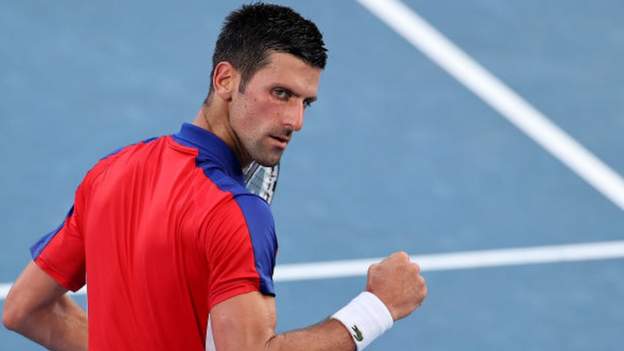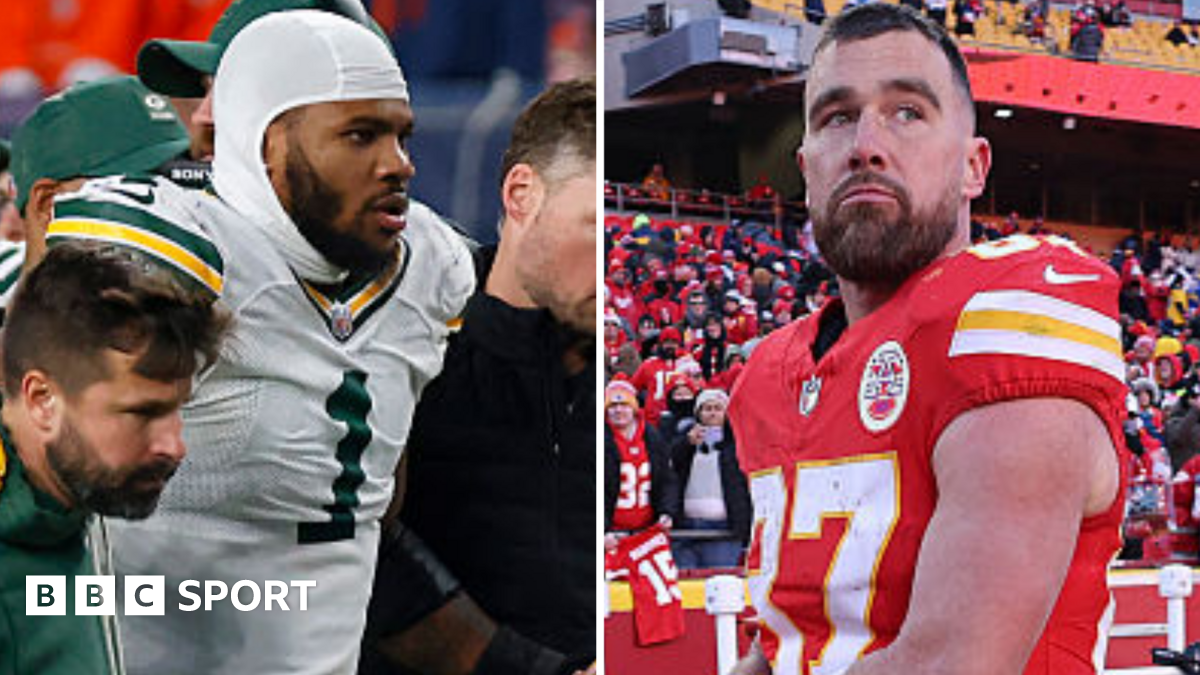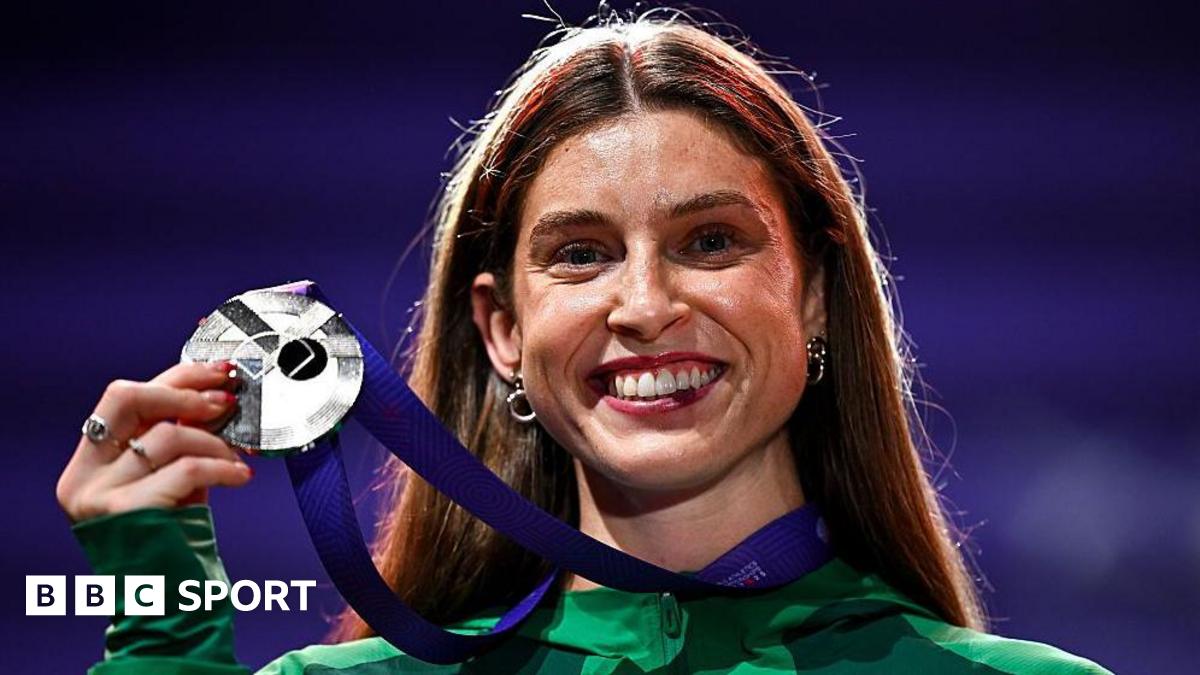In a country renowned for its seemingly unending production line of world-class midfielders, 25-year-old star Carlos Soler is the latest Spanish player to attract a queue of suitors from the Premier League’s elite clubs.
Already the beating heart of the Valencia midfield, the young, affable, born and bred Valenciano currently has a buy-out clause of 150m euros (£125m).
But with just about 14 months on his current deal and not much progress made on contract extension talks, a move from the cash-strapped club from Spain’s third city looks more likely by the day if they are to avoid losing him for free at the end of next season.

So who is Carlos Soler?
Born and raised in the city, Soler has been at Valencia for the past 18 years, signing for the academy at age seven after being spotted kicking the ball around on soil pitches during half-time of matches involving the senior sides at his local club, Bonrepos. He wanted the ball for himself so badly that he refused to join a team. But his grandad, Rafael, promised him a Game Boy if he registered for one, which he duly did.
Originally a striker who would regularly bang in about 100 goals a season in the junior ranks, it was as a midfielder that Valencia saw his real potential. Even when he played with footballers three years older than him, as he was asked to do often, he was never out of place.
It was his grandfather, who passed away two months ago, who was his first major influence, taking time off work to ferry him around to training and to matches from the age of about seven, right up until Carlos obtained his driving licence when he was 18.
“My parents worked, as in fact he did, but he took the afternoons off to take me while my grandmother would make my afternoon snack to give me the strength to do my best in training,” he says.
“If it hadn’t been for him I would have had to find other ways and he was always there for me.”
“His joy was always that I would play for Valencia and he lived to see that. He was always a pillar of strength for me, as were my father and my brother. And you know what? We take for granted that amount of time given to you as a kid by the people around you and we shouldn’t.”
Today, Soler keeps his feet firmly on the ground, maintaining a close friendship with those he has known since his school days.
“There are around five of them who I have known since I was seven or eight years old and who I still go on holiday with, go out to eat and watch football with,” he adds.
“They have helped maintain me in the elite because at the end of the day it is important that we remember where we came from, and who we are.”

And how good is he?
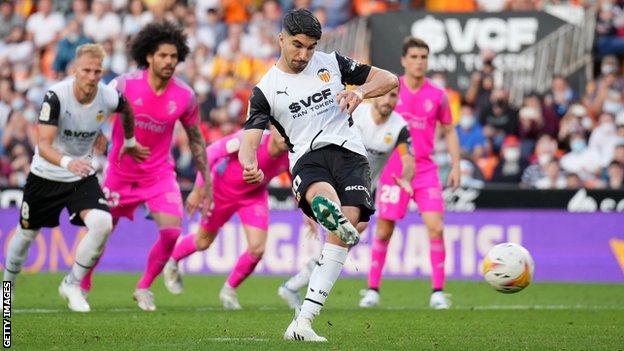
He made his debut with Valencia’s first team in December 2016, as an 18-year-old and he has been a starter with every coach since.
As a central midfielder, he now plays as part of a double pivot with Valencia in a 4-4-2 system or as a midfielder with more freedom in the 4-3-3 format used by the national side.
His real strength, however, comes from his ability to launch sorties into the opponents’ box from midfield. He is also a great passer of the ball, both from open play and from set-pieces – in a youth tournament, with roll-on subs, he was brought off the bench to take every free-kick in the game. He still delivers them with accuracy.
He is the man this Valencia side and its fans look to put his mark on any game. Like the day he scored a hat-trick of penalties against Real Madrid. In fact, he is a goalscoring midfielder, ahead of everybody else in that department in 2020 with 12 goals – a tally he has already matched this season – to add to his nine assists.
His offensive skills, intelligence, assists, set-pieces, accuracy and shots from outside the box explain why many, both in Spain as well as in England, have drawn comparisons between him and Frank Lampard.
“I wish,” he says. “When you see what he has meant for the English game, anyone with pretensions of succeeding in this game would like to be compared to Frank Lampard.” The respect is, by the way, mutual.

Where will Soler be playing next?
For the time being, Soler will not be drawn on his future other than to say: “I have always been conscious that personally I need to grow as much as I possibly can in my career.”
An enormous admirer of the Premier League, he says what is most impressive is how it has evolved not just by being so notoriously physical but also because of the furious rhythm at which it is currently played.
A rhythm, he says, where you have to be prepared physically and mentally for going forward and coming back.
The recent Manchester City v Liverpool league game was “crazy” and “played at a rhythm where it sometimes looked like there was nothing in the middle”.
“Today, every midfielder has to run 12km each if they even want to be an important part of the game,” he adds.
Before deciding his future he has the chance this weekend to add to his medal tally – he won the Copa del Rey in 2019 and the European Under-21 Championship the same summer – when Valencia meet Real Betis at La Cartuja Stadium in Sevilla for the final of this season’s Copa del Rey.
The kid who did not want to share the ball and used to ask fans outside the Mestalla for spare tickets so he could watch the team will lead them out as one of the captains of this beloved Valencia.



